In the realm of education, fostering an inclusive environment is not just a noble aspiration but a fundamental necessity. Inclusion Matters: Applied Behavior Analysis for Mainstream Integration underscores the significance of incorporating Applied Behavior Analysis ABA principles to facilitate the seamless integration of diverse learners into mainstream educational settings. This approach recognizes that every student, regardless of their abilities or disabilities, should have the opportunity to learn and thrive within the same classroom. Applied Behavior Analysis, a scientifically validated behavioral intervention, is particularly suited to support inclusive education. It focuses on understanding and modifying behaviors, making it an indispensable tool to address the diverse needs of students. This approach is rooted in evidence-based strategies, emphasizing positive reinforcement, clear communication, and individualized support plans. By applying ABA techniques within the framework of mainstream classrooms, educators can create an environment that accommodates students with varying learning styles, strengths, and challenges.

The benefits of incorporating ABA into inclusive education are far-reaching. Firstly, it empowers educators with effective strategies to manage challenging behaviors and foster positive ones. By tailoring interventions to individual students, ABA promotes a more productive and less disruptive learning environment for all. Secondly, ABA encourages the acquisition of vital life skills among students with special needs, equipping them to lead more independent lives and contribute meaningfully to society. Moreover, it promotes social interaction and collaboration, breaking down barriers between students and promoting empathy, understanding, and acceptance. The philosophy of Inclusion Matters resonates beyond the confines of the classroom. It echoes the societal shift towards acknowledging and celebrating diversity in all its forms. By bringing students with differing abilities into the same learning space, a microcosm of the real world is created one where differences are recognized, respected, and valued. This approach fosters an environment in which prejudices are challenged, and the seeds of a more inclusive society are sown.
However, implementing aba therapist for mainstream integration requires a multifaceted approach. Professional development for educators is crucial to ensure the effective application of ABA techniques. Collaborative efforts among teachers, support staff, parents, and specialists are essential to formulate comprehensive and tailored intervention plans. Additionally, the physical infrastructure and resources of educational institutions must be adapted to accommodate the needs of all students. It envisions an inclusive education system where diversity is not only embraced but leveraged for the enrichment of all. By embracing ABA principles, educators lay the foundation for a brighter future where every student, regardless of their abilities, can learn, grow, and contribute in a nurturing and accepting environment.
